Human Rights Film Festival: The Price of Sex, a superb feature to raise awareness about sex trafficking
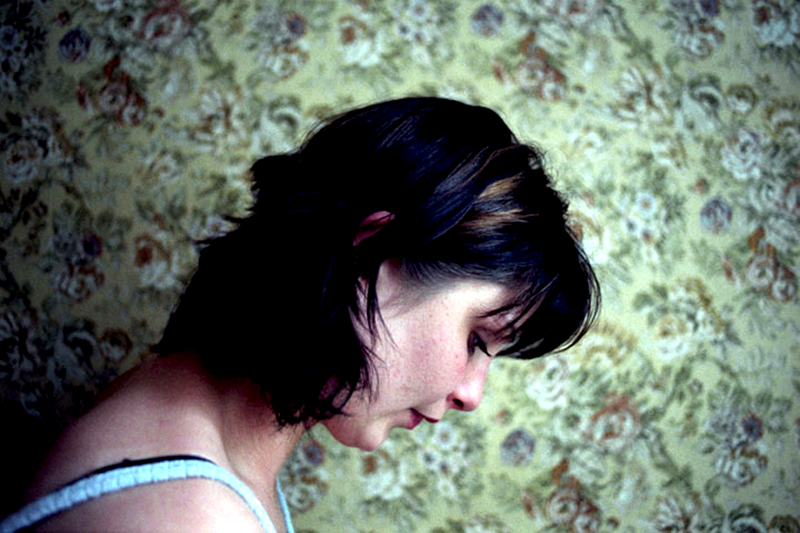
Aurica was 18 years old when she started working in a brothel in Istanbul. Growing up in a small rural village in Moldova, she experienced the far-reaching dire and drastic consequences of the collapse of communism in 1989. Searching for freedom and a better life, she ventured west, to find work as a waitress. Little did she know that those she entrusted to facilitate her escape had a very different future for Aurica in mind – one which would leave her broken, stigmatised and emotionally scarred for the rest of her life.
This is just one of a number of stories recounted by ex-prostitutes in Mimi Chakarova’s feature-length documentary, The Price of Sex. Screened on Friday night in Soho’s Curzon cinema, as part of London’s Human Rights Film Festival, the film raises awareness of the sex-trafficking industry that, at this very moment, is more alive and thriving than ever before.
Chakarova came into the movie theatre before the screening to tell the audience a little more about the central themes raised in her documentary. She joked about the “packed-out” auditorium and how remarkable it was that, on an unusually warm Friday evening, so many people had chosen to see a film about such a depressing subject matter. She stated that she aims to “bring to light” the stories of the many forgotten women who, like Aurica, are tricked into prostitution by false job offers abroad and the promise of a brighter future.
Chakarova’s aptitude as a journalist comes from her tactile approach to the sensitive issues discussed in the film. She begins by telling her personal story of growing up in a small village in Bulgaria and moving to America after the fall of the Berlin Wall when she was still very young. On returning to her childhood village she recalls her shock and dismay at the “ghost-town” she was confronted with. This image, she said, motivated her to go on the search for the many women who have never been heard of or seen since they left their home town a number of years ago.
The film portrays the full extent to which prostitution has become a central characteristic of modern-day society. Chakarova interviews government officials, policemen, ex-clients and aid-workers in Moscow, Dubai, Istanbul and Athens. Interestingly, they all state that the sex industry is far too established and deep-rooted to be overthrown simply by changing a few parliamentary policies. One interviewee goes as far to say that prostitution is merely a symptom of the laws of “supply and demand,” inextricably linked to the Capitalist world we live in: “an unavoidable consequence of globalisation,” he affirms.
If you were to think that the filming process was plain-sailing for Chakarova you would be very much mistaken. In fact, it took the director several years to gain the level of trust and friendship from these women that would enable her to make the documentary. When talking to the audience after the screening, Chakarova recalls her relationship with one the film’s central characters, Vika, who was trafficked to Dubai when she was 18. “She did not fit the average profile of a ‘victim’ – she was arrogant, funny and self-assured. I wanted to convey this resilience and desire to survive. While it took me a very long time to convince her to talk on camera, I believed it was crucial for people to hear her story.”
What is remarkable about The Price of Sex is Chakarova’s resistance to shock tactics. While retaining her commitment to inform and raise awareness of the sex-trafficking industry, the documentary is shot with a sensitivity and finesse that demonstrates an eye for beauty and a gift for story-telling.
Connie Viney
Watch the trailer of The Price of Sex here


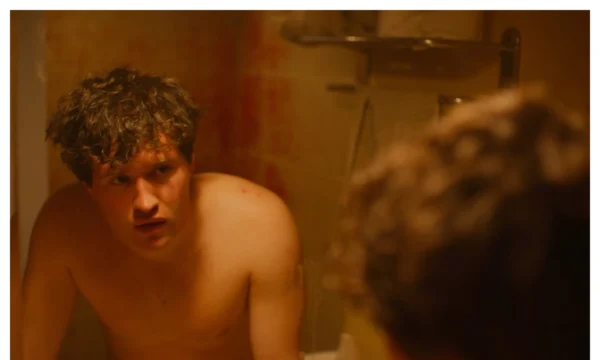

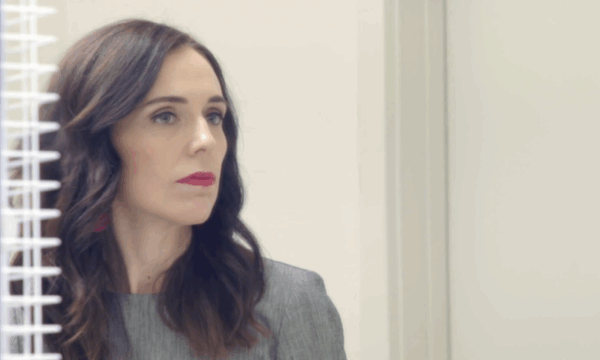
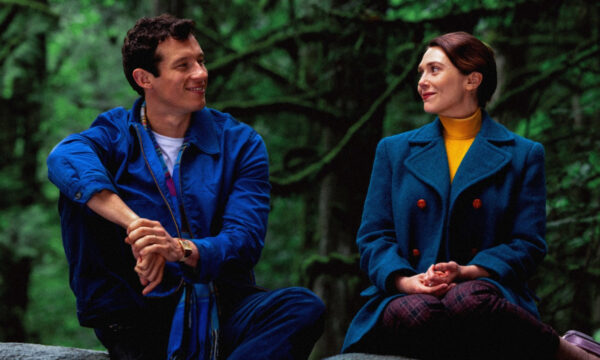
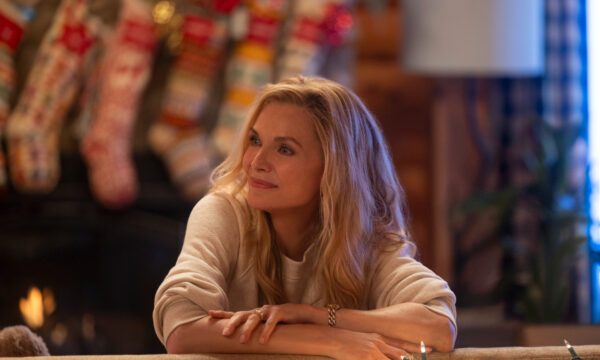
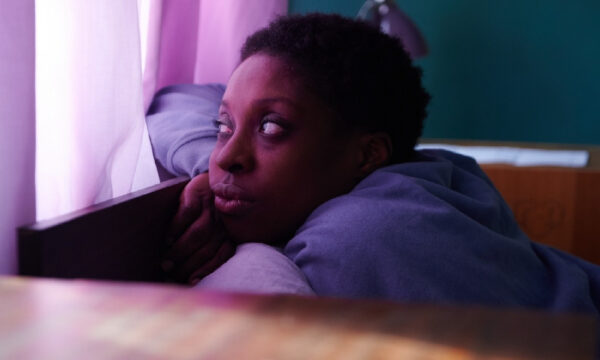

















Facebook
Twitter
Instagram
YouTube
RSS